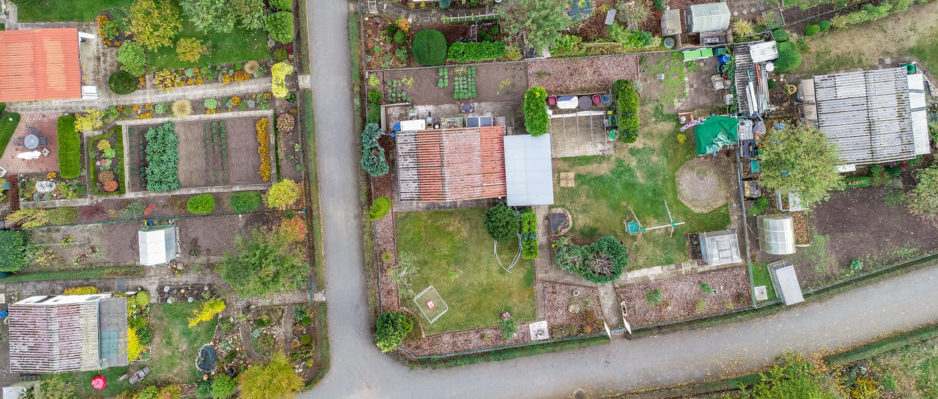The FEW-meter – An Integrative Model to Measure and Improve Urban Agriculture

While there is increasing interest in the potential of urban agriculture, significant knowledge gaps persist. The FEW-meter – An Integrative Model to Measure and Improve Urban Agriculture, Shifting It Towards Circular Urban Metabolism aims to strengthen understanding of its opportunities in European and North American cities, including its contribution to sustainable development, resource usage and possible health risks.
Through extensive research in six different cities in France (Nantes), Germany (Dortmund), Poland (Gorzów Wielkopolski and Poznań), the UK (London) the United States (New York), the multidisciplinary team with gather a wide range of data on urban agriculture, in partnership with local growers. Through the creation of innovative assessment and data collection tools, the project will help identify best practices, resource efficient approaches and safety protocols to support the development of more and productive, healthier urban agriculture systems.
Silvio Caputo
University of Portsmouth
Adam Mickiewicz University in Poznań
Poznan University of Life Sciences
City of Gorzów Wielkopolski
Polish Allotment Gardeners’ Association Gorzów Wielkopolski Branch
ILS – Research Institute for Regional and Urban Development
School of Architecture, University of Portsmouth
LEAP Micro AD Ltd
Federation of City Farms and Community Gardens
AgroParisTech
IRSTV – CNRS FR2488
The City University of New York, Graduate School of Public Health and Health Polic
University of Michigan, School of Natural Resources and Environment
- Development of an innovative and comprehensive system (FEW-meter) to measure Urban Agriculture from a FWE nexus perspective.
- Establishment of an on-line community of growers to help gather data.
- Creation of scenarios of optimal use of urban resources, based on an expansion of UA at city scale.
- Generation of digital tools to support urban growers optimising the urban metabolism of their agricultural practices..